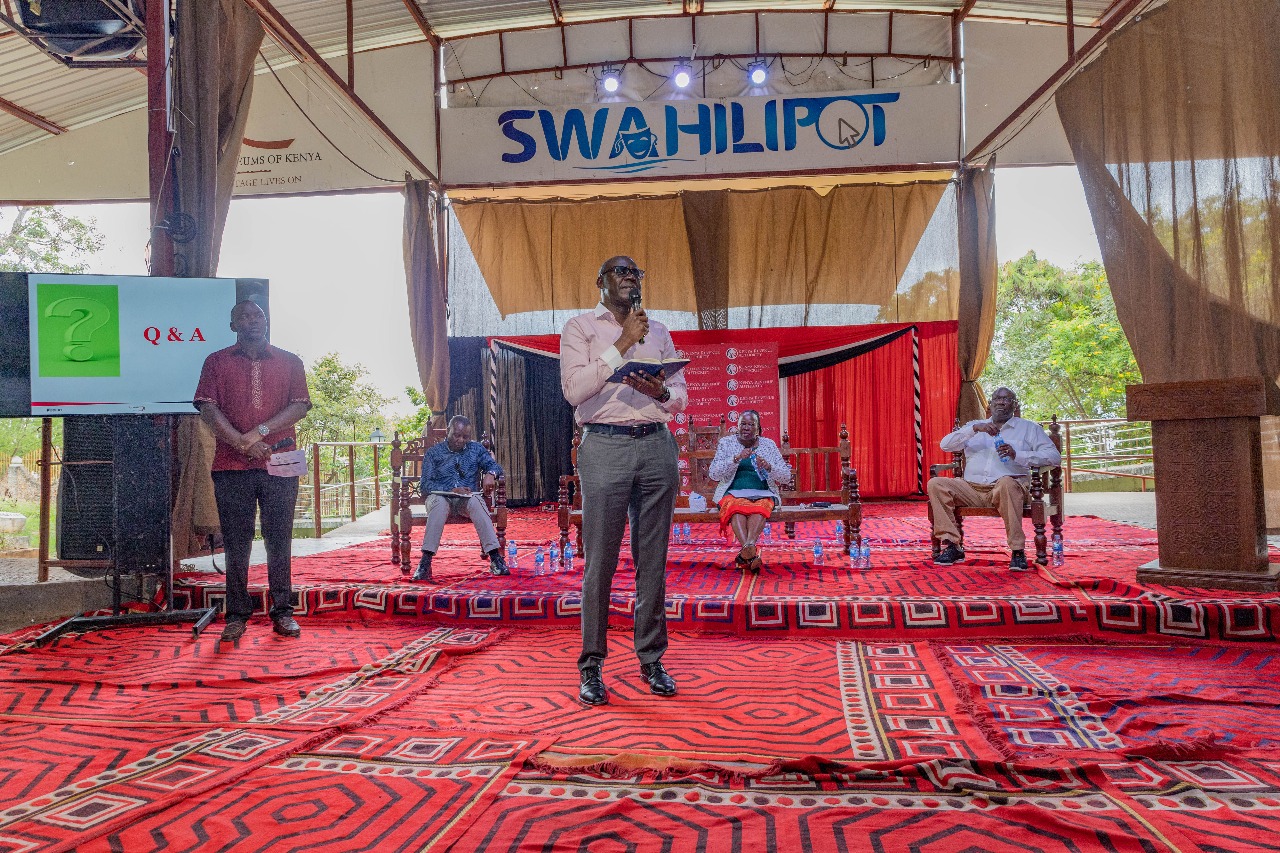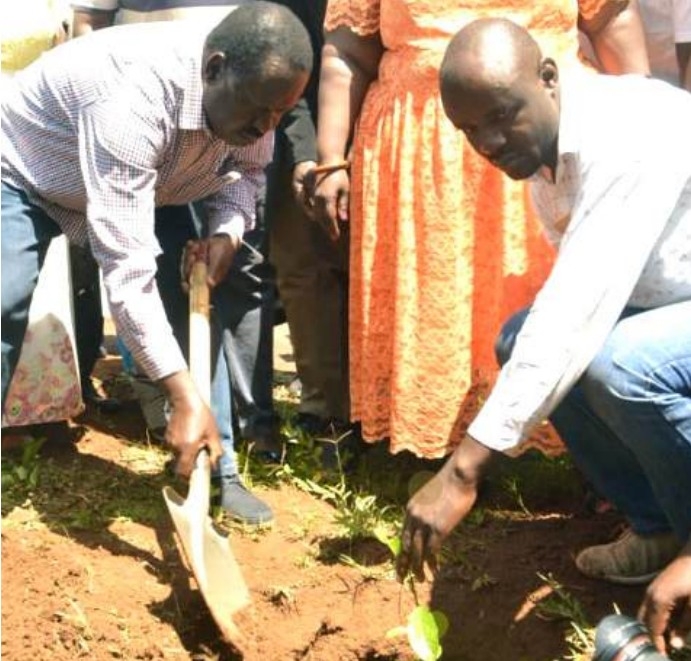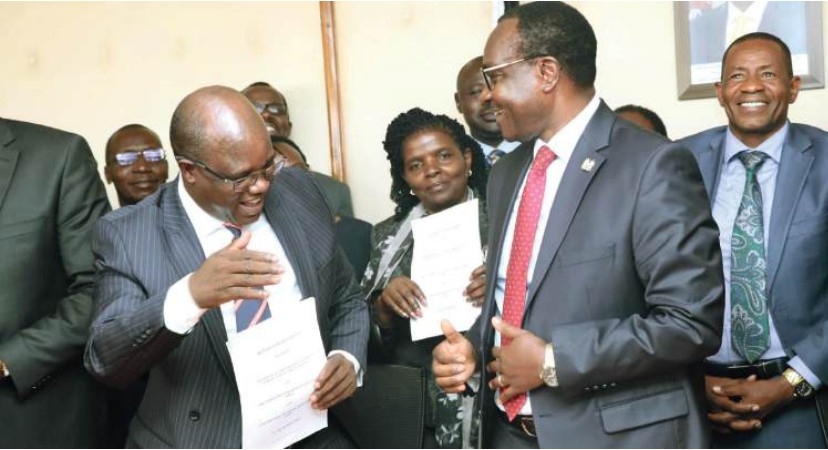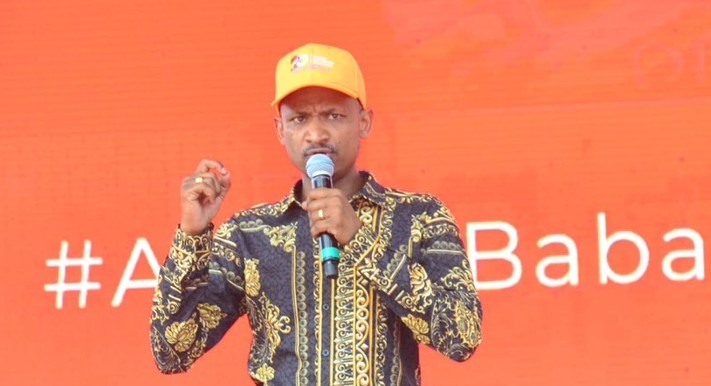
The Kenya Revenue Authority has announced plans to recruit 10,000 agents this year to bring tax services closer to the people, with a particular focus on supporting micro, small and medium enterprises.
The move is part of KRA’s wider strategy to simplify tax processes, cut compliance costs and expand service access for taxpayers across the country.
KRA acting commissioner for micro and small taxpayers George Obell said the new agent model, which is commonly used by banks, will decentralise services and ease access to critical tax support.
“We plan to recruit the first 10,000 agents this year. These agents will provide basic services such as registration, tax filing and payments. This is also an opportunity for Kenyans to earn commissions while helping fellow citizens meet their tax obligations,” he said.
Obell spoke in Mombasa during a Citizen Assembly forum at SwahiliPot Hub.
Currently, KRA operates 136 service points serving an estimated 22 million registered taxpayers.
However, most of these centres are located in urban areas, leaving many rural and underserved populations struggling to access KRA services effectively.
Obell said the new model would be crucial in closing this gap while also reducing the cost and time of compliance for small businesses and individual taxpayers.
At the same time, KRA is leveraging digital solutions to make tax processes more convenient.
The commissioner highlighted persistent challenges around digital access, noting that not every taxpayer has a smartphone, stable internet or the digital literacy needed to interact with platforms like iTax or eTIMS.
“One of the most persistent challenges we have heard relates to digital access,” he said.
To address this, KRA has rolled out a USSD solution that works on any phone.
“By dialling *222# and selecting Option 5 for KRA services, taxpayers can now retrieve or verify their PINs and access other essential services from any phone. That is progress and there is more to come,” Obell said.
For smartphone users, KRA has also developed a WhatsApp chatbot to support taxpayers in real time, he said.
Alongside digital innovations and the agent rollout, KRA is reinforcing tax education and outreach to bridge knowledge gaps, particularly among individuals and small businesses that may not fully understand their tax obligations.
“Our focus is not on the past; we are here to empower and support taxpayers for the future. That is why we are launching a rigorous outreach programme to train and educate our taxpayers,” Obell said.
KRA board director Lydia Rono reminded Kenyans of the central role taxes play in national growth.
“Taxes are the lifeblood of the economy. A country that cannot mobilise its own revenue cannot develop at the pace its citizens expect,” she said, urging citizens to embrace tax compliance as a civic duty.
Rono said through the Citizen Assembly initiative, KRA is building a new culture of engagement where taxpayers can air their concerns and offer feedback.
“We are here to listen, to learn and to collaborate in building a more efficient and trusted tax system. We welcome your honest feedback on our digital platforms, service delivery and the everyday challenges you face,” she said.
The Citizen Assembly platform has already created an inclusive space for taxpayers, especially those who may have felt sidelined in the past, giving them an opportunity to directly shape service improvements.
Instant Analysis
The Kenya Revenue Authority’s decision to recruit 10,000 agents this year signals a major shift in how it engages taxpayers, particularly MSMEs. By adopting a bank-style agent model, KRA aims to decentralise services, ease compliance costs and improve outreach to rural and underserved communities.

















